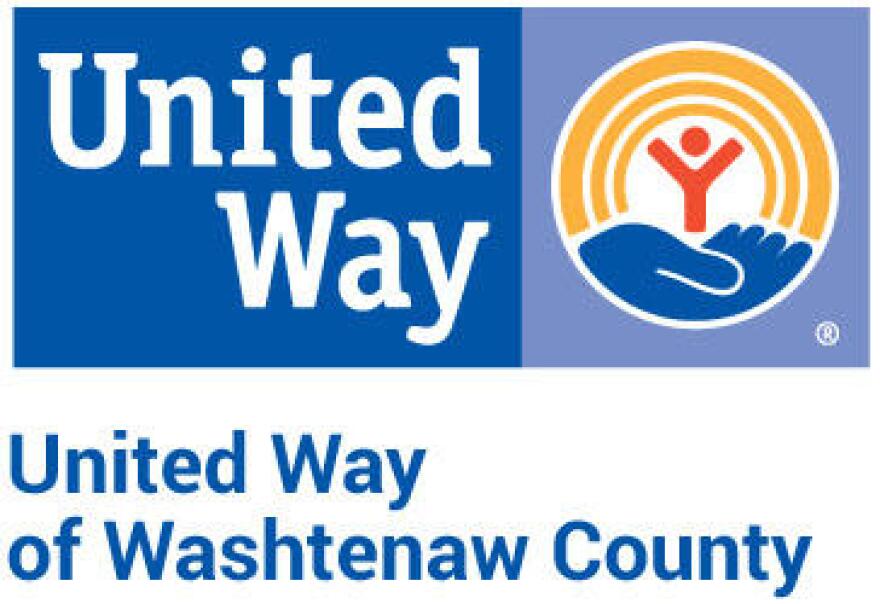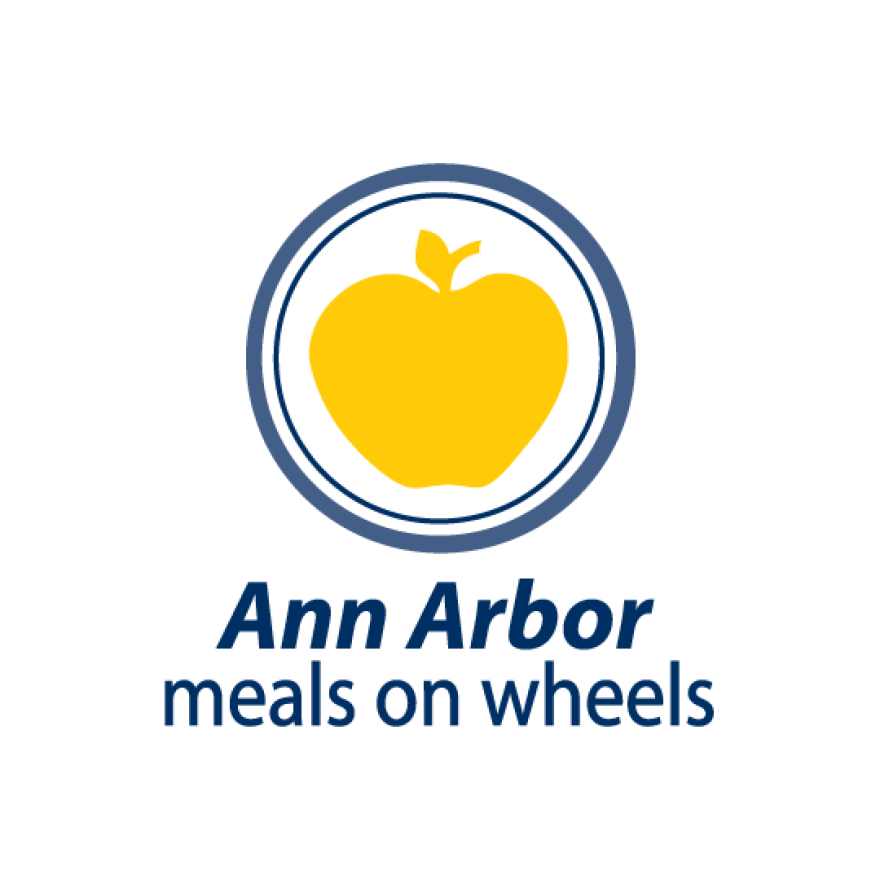Ann Arbor Meals on Wheels relies on nearly 100 volunteers each week to ensure that our homebound neighbors receive their meals. People volunteer for a variety of reasons, and sometimes, it becomes a family affair. In this week's "Washtenaw United," WEMU's David Fair has a conversation with Ann Arbor Meals on Wheels executive director Courtney Vanderlaan and one of its volunteers, Crystal Metzger.
WEMU has partnered with the United Way of Washtenaw County to explore the people, organizations, and institutions creating opportunity and equity in our area. And, as part of this ongoing series, you’ll also hear from the people benefiting and growing from the investments being made in the areas of our community where there are gaps in available services. It is a community voice. It is 'Washtenaw United.'


ABOUT CRYSTAL METZGER:

Crystal is a born and raised Ann Arborite. She spent a decade living in California where she worked in the mental health field and received her Master’s in Psychology. Crystal returned back to her hometown to be close to family and has served in a variety of roles that have included running a therapy practice and being a small business owner. Crystal grew up in and around food, with her father owning The Old German restaurant. This family business began her passion for ensuring that people’s basic human right for food was met, which made volunteering with Ann Arbor Meals on Wheels a natural fit.
ABOUT COURTNEY VANDERLAAN:

Courtney is a Michigan west sider at heart but moved to the east side to get her Masters in Social Work. For the past five years, she’s had the honor of working for the Community Health Services department at Michigan Medicine first as a grant writer and now as the Director of Ann Arbor Meals on Wheels. Courtney is grateful each day for the opportunity to combine two of her greatest passions: caring for her neighbors and looking for tangible and creative ways to maintain and enhance the quality of life for folks throughout the lifespan.
RESOURCES:
UWWC STATEMENT:
United Way of Washtenaw County supports programs like Ann Arbor Meals on Wheels because nutrition and social interaction are keys to a good quality of life.
While we are living longer, healthier and more functional lives, a large portion of older adults continue reporting a variety of nutrition-related chronic health conditions. Access to an adequate, safe and healthy diet affects both the health and well-being of an individual as well as the ability to remain at home, which is the desire of most older adults1 .
Food insecure older adults are 50% more likely to have diabetes, 60% more likely to have congestive heart failure or a heart attack, twice as likely to report fair/poor health, twice as likely to have asthma and three times more likely to suffer depression. Even being marginally food insecure ages individuals by nearly 14 years, such that a 64-year old suffering from hunger is likely to have the functional limitations of someone who is 78.
Professor and aging activist Dr. Fernando M. Torres-Gil sums up the impact of senior hunger best when he says, “Malnutrition costs. It costs older people by exacerbating disease, by increasing disability, by decreasing their resistance to infection, and by extending their hospital stays. It costs caregivers by increasing worry and caregiving demands. The entire country pays health care costs related to this increase in complication rates, increasing hospital stays, and increasing mortality rates. Malnutrition costs people, and it costs dollars.”
Non-commercial, fact based reporting is made possible by your financial support. Make your donation to WEMU today to keep your community NPR station thriving.
Like 89.1 WEMU on Facebook and follow us on Twitter
— David Fair is the WEMU News Director and host of Morning Edition on WEMU. You can contact David at 734.487.3363, on twitter @DavidFairWEMU, or email him at dfair@emich.edu






